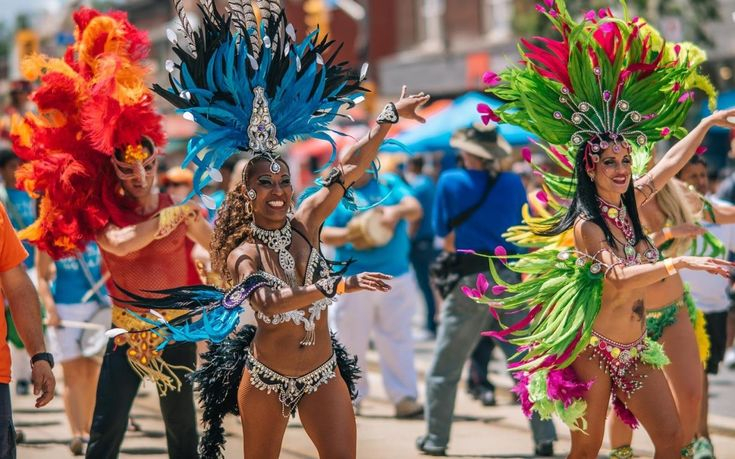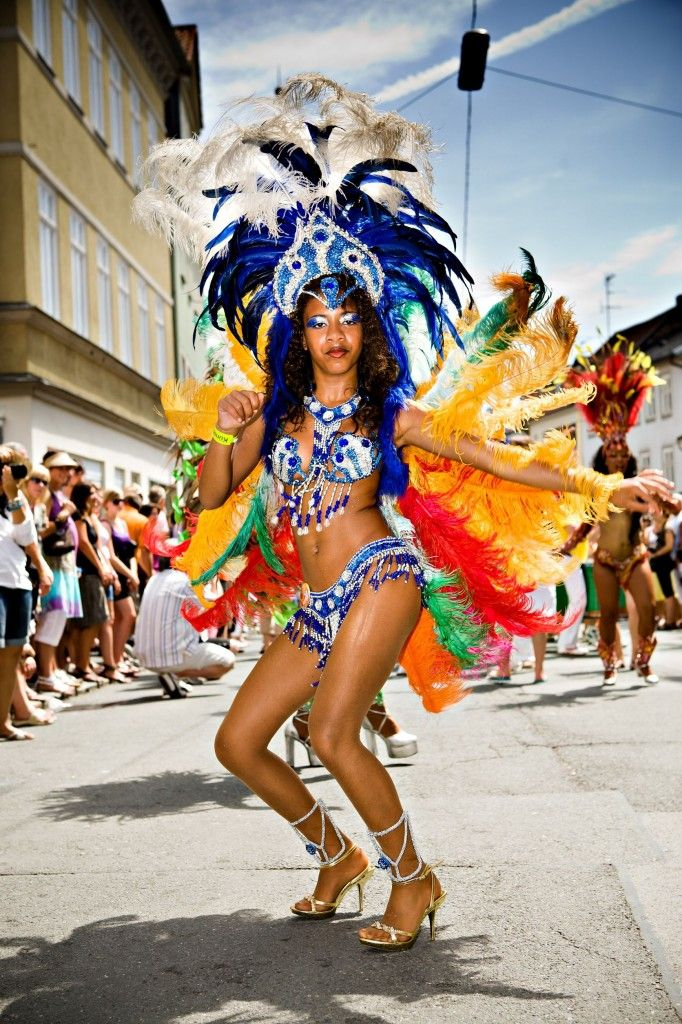It May Be the Starting Place of Samba

Brazil’s famous samba dance is recognized worldwide, but did you know it may have originated in Angola? The traditional dance of Angola is known as semba, and it is thought to be the origin of samba, which was later developed in Brazil. Slavery brought Angola's musical culture to North and South America during the 17th century. The seventeenth-century sea voyages established a new rhythm by establishing contact between people from the Iberian peninsula and Amerindians. Angolan musicians shared a common desire to live, and they absorbed a variety of foreign influences, including Angolan rhythms and dances that slaves had taken with them, later returning in a modified form and influencing Angolan singers seeking identity in them.
Angola's cultural roots can be traced back to the central Bantu people's traditions and the ancient kingdom of Kongo. As a result, Semba music has been heavily influenced by their culture. Semba music was also heavily influenced by Kazukuta and Kabetule rhythms. Understanding the Semba music lyrics is crucial. They cover stories about everyday life, social events, and activities. Semba's message was frequently about Angola's independence. This was especially true during the Angolan War, which lasted from 1961 to 1975. Semba's lyrics frequently contained messages of freedom intended to open people's eyes.










